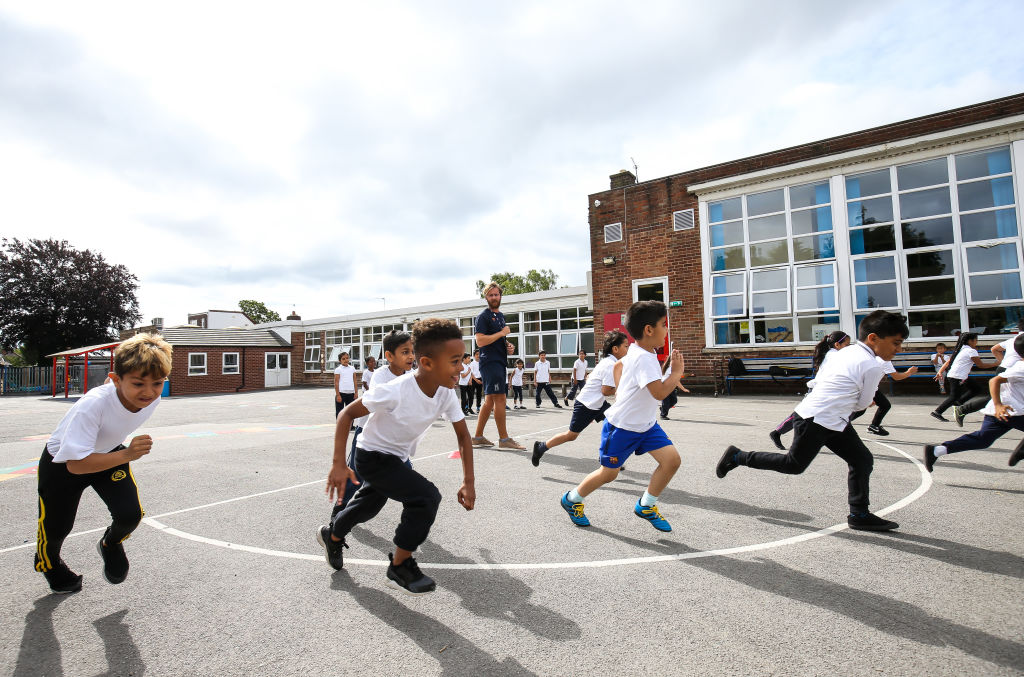Athlete Gambling

College Athletes and Gambling The National Collegiate Athletic Association (NCAA) has identified gambling by athletes as a major threat to the integrity of intercollegiate athletics and responded with the development of a comprehensive education program for student athletes at NCAA member schools. Student-athletes Scope of Application 'Sports wagering includes placing, accepting or soliciting a wager (on a staff member's or student-athlete's own behalf or on the behalf of others) of any type with any individual or organization on any intercollegiate, amateur or professional team or contest.
- Sports wagering has the potential to undermine the integrity of sports contests and jeopardizes the well-being of student-athletes and the intercollegiate athletics community. It also demeans the competition and competitors alike by spreading a message that is contrary to the purpose and meaning of 'sport.'
- A 2016 NCAA study of nearly 23,000 student-athletes found 55 percent of men reported gambling for money, and 24 percent reported violating NCAA bylaws by wagering on sports for money. Eleven percent of Division I football players and 5 percent of men’s basketball players reported betting on a college game in their sport (not involving their.
Student-Athlete Handbook
Sports Wagering Activities
The following individuals shall not knowingly participate in sports wagering activities or provide information to individuals involved in or associated with any type of sports wagering activities concerning intercollegiate, amateur or professional athletics competition:
- Staff members of an institution’s athletics department;
- Nonathletic department staff members who have responsibilities within or over the athletics department (e.g., chancellor or president, faculty athletics representative, individual to whom athletics reports);
- Staff members of a conference office; and
- Student-athletes
Scope of Application
'Sports wagering includes placing, accepting or soliciting a wager (on a staff member's or student-athlete's own behalf or on the behalf of others) of any type with any individual or organization on any intercollegiate, amateur or professional team or contest. Examples of sports wagering include, but are not limited to, the use of a bookmaker or parlay card; Internet sports wagering; auctions in wich bids are placed on teams, individuals or contests; and pools or fantasy leagues in which an entry fee is required and there is an opportunity to win a prize.' NCAA Bylaw 10.02.1
The prohibition against sports wagering applies to any institutional practice or any competition (intercollegiate, amateur or professional) in a sport in which the NCAA conducts championship competition, in bowl subdivision football and in emerging sports for women. The aforementioned provisions are not applicable to traditional wagers between institutions (e.g., traditional rivalry) or in conjunction with particular contests (e.g., bowl games). Items wagered must be representative of the involved institutions or the states in which they are located.


Sanctions
The following sanctions for violations of the sports wagering rule shall apply:
- A student-athlete who engages in activities designed to influence the outcome of an intercollegiate contest or in an effort to affect win-loss margins (“point shaving”) or who participates in any sports wagering activity involving the student-athlete’s institution shall permanently lose all remaining regular-season and postseason eligibility in all sports.
- A student-athlete who participates in any sports wagering activity, through the Internet, a bookmaker or a parlay card, shall be ineligible for all regular-season and postseason competition for a minimum period of one year from the date of the institution’s determination that a violation has occurred and shall be charged with a loss of a minimum of one season of eligibility. If the student-athlete is later determined to have been involved in a later violation, the student-athlete shall permanently lose all remaining regular-season and postseason eligibility in all sports.
Ncaa Athlete Gambling

Disciplinary Action
Prospective student-athletes and enrolled student-athletes found in violation of the provisions of this regulation shall be ineligible for further intercollegiate competition, subject to appeal to the Committee on Student-Athlete Reinstatement for restoration of eligibility. Institutional staff members found in violation of the provisions of this regulation shall be subject to disciplinary or corrective action as set forth in Bylaw 19.5.2 of the NCAA enforcement procedures, whether such violations occurred at the certifying institution or during the individual’s previous employment at another member institution.
Link to the NCAA Division III Rules Manual for further information on the Sports Wagering Bylaw: http://www.ncaa.org/compliance?division=d3
Athletes Gambling In Sports
| II. Sports Related GamblingFurther analysis of the data in Table 2 was conducted regarding student athlete involvement in sports gambling. An in-depth analysis of sports-related gambling was conducted because most sports wagering is illegal and because of the public stance taken by the NCAA against sports-related gambling. A more detailed look appears below. Sports related gamblingCullen and Latessa's 1996 study established the benchmark of 25% of male athletes, specifically football and men's basketball student athletes, wager on college sports. Our research suggests a higher prevalence of gambling across all sports. Table 2 indicates the percentage of gambling on sports and in 'sports pools' by male and female student athletes since attending college. By condensing variables, our analysis indicates sports-related gambling by student athletes, an activity banned by NCAA Bylaws, is higher than expected from previous research. |
Table 2Student Athlete Gambling Activities While Attending College |

Student Athlete Gambling
Percentage Responding 'Yes' | ||||||
| Type of Gambling | All (n=758) | Male (n=460) | Female (n=298) | |||
| % | n | % | n | % | n | |
| Casino* | 45.5 | 345 | 48.5 | 223 | 40.6 | 121 |
| Slot or other gambling machines | 40.5 | 307 | 42.8 | 197 | 36.6 | 109 |
| Play cards for money* | 29.7 | 225 | 39.1 | 180 | 14.4 | 43 |
| Bet on sports* | 28.5 | 216 | 37.0 | 170 | 15.1 | 45 |
| Lottery or numbers | 26.5 | 201 | 27.8 | 128 | 24.2 | 72 |
| Games of skill* | 25.7 | 195 | 37.0 | 170 | 8.1 | 24 |
| NCAA basketball tournament or Super Bowl pool* | 22.6 | 171 | 30.0 | 138 | 11.1 | 33 |
| Dice games* | 14.4 | 109 | 18.5 | 85 | 7.7 | 23 |
| Bet on horses or other animals* | 11.1 | 84 | 13.5 | 62 | 7.4 | 22 |
| Bingo | 9.0 | 68 | 8.0 | 37 | 10.1 | 30 |
| World Wide Web | 0.9 | 7 | 0.9 | 4 | 1.0 | 3 |
| All variables combined into a single variable indicating percentage who have gambled on any of these activities while in college.* | 71.9 | 545 | 80.0 | 368 | 59.1 | 176 |
* = Significant differences between male and female student athletes determined through ANOVA (p < .05)
| Two variables ('have you bet on sports' and 'have you bet in an NCAA basketball tournament pool or picked Super Bowl squares' for money) were combined into a single variable to obtain a more accurate indication of the level of sports gambling among student athletes. The new variable indicates that 34.9% of the entire sample of student athletes gambled on sports since attending college. However, the level of sports-related gambling among male student athletes is significantly higher than that of their female peers. Specifically, 45.5% of male student athletes have gambled on sports since attending college, compared with only 18.5% of female student athletes (p< .001). It is worth noting that the combination of three variables ('gambling on sports,' 'gambling on sports pools,' and 'gambling on games of skill') into a single measure of sports-related gambling increases the percentage of student athletes who gamble on sports. The combination of these three variables reveals that 42.3% of all student athletes, and 56.1% of male student athletes have engaged in this definition of sports-related wagering. The percentage of women involved in sports- related wagering was slightly higher (20.5%).
|
Table of Contents Executive Summary Introduction Review of the Literature Methodology Results |